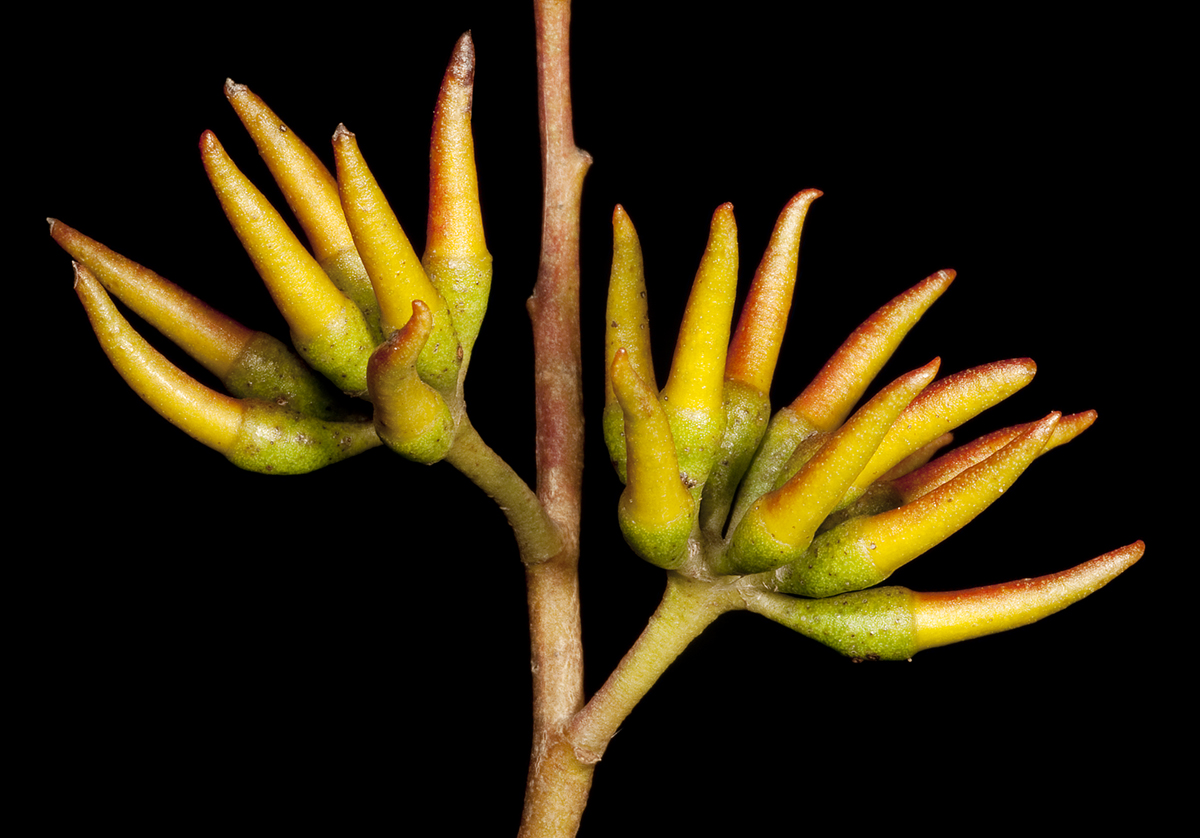
Introduction
Today the modern man seems to have forgotten about baths, as the hectic pace allows little more than a quick shower. But baths, especially herbal baths, are very beneficial for overall health and mood and it is perhaps time we brought back this forgotten art.
Herbal baths and showers
People who have a bathtub in their bathroom should consider taking herbal baths at least once a week. Once, they see how good it feels, they will not be able to stay away from it.
The best way to introduce herbs in the bath is to tie them in a clean muslin cloth and soak them in the water. That way the herbs will let their juices and scents off and penetrate the skin in a gentle way. The sack can then be used for rubbing the skin gently.
It is best to use herbs in their natural state because if they are crushed right before using them, they will let off most of their essence. Most of the herbs can be successfully grown in the backyard or even in a pot on the balcony. Using those guarantees there will be no unnecessary additives.
For those who do not own a bathtub or simply cannot make time to indulge in a long, soothing bath, there is a way to benefit from herbs while showering as well. The trick is to soak the sack with herbs in some boiling water fro then minutes priori to showering and to use the sack as washing cloth. The alternative is to tie the sack to the shower so the water runs through it.
Best herbs for baths and showers are eucalyptus, which opens the pores and clears the breathing passages, chamomile which soothes muscles as well as nerves, but also hyssop, lavender and rosemary.
Water therapy
Temperature of the water used for a bath is one of the most important factors for a successful bath. Different temperatures have different effects, so hot water baths (96 to 98F) improve circulation, perspiration and elimination of toxins, while warm baths (92F) relieve muscle and joint pain. Cold baths (70 to 85F), which should be brief, stimulate and refresh the body as well as mind.
Bathroom should be well-ventilated but without draught.
Those lucky ones who own a Jacuzzi should try and throw a bag with herbs in there for even better effect and pleasure.


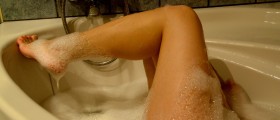
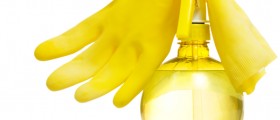
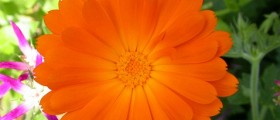




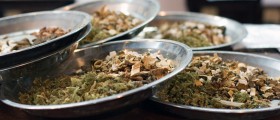
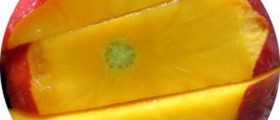





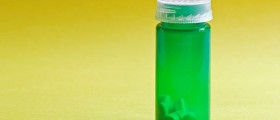
Your thoughts on this
Loading...